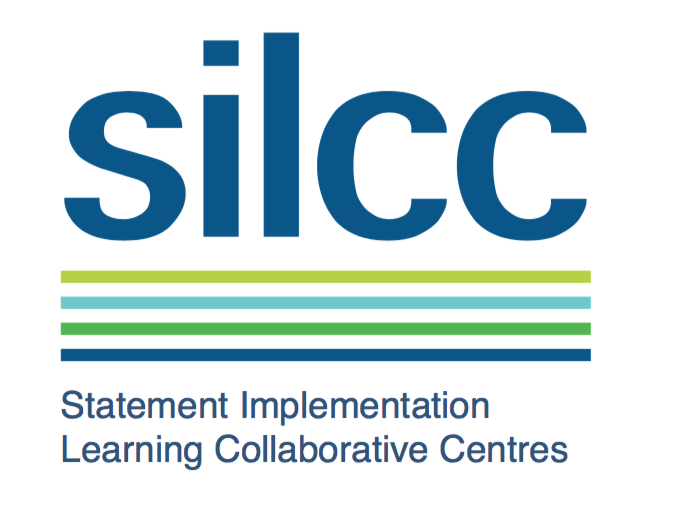EU Monitor-Hospital pharmacist joins PRAC!
The EAHP EU Monitor is a regular round up of news relevant to hospital pharmacy in Europe.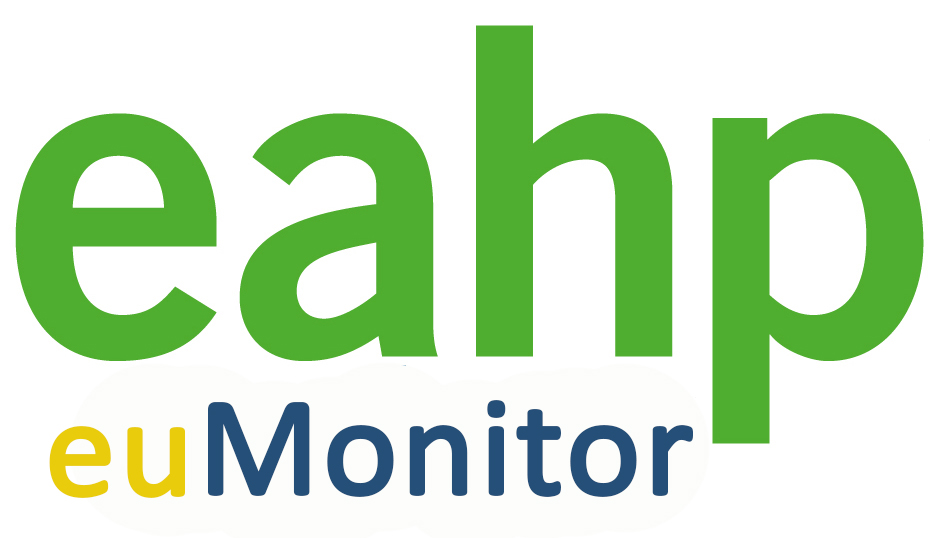
You can subscribe to receive the EAHP EU Monitor by email HERE.
Roberto Frontini appointed as alternate member of PRAC

In mid-June Dr Roberto Frontini was appointed as an alternate member of the Pharmacovigilance Risk Assessment Committee (PRAC) of the European Medicines Agency (EMA) to represent healthcare professionals. He will be involved in the activities of the PRAC until the end of February 2022.
The former Director of Pharmacy at the University Hospital of Leipzig in Germany, served as President of EAHP from 2009 to 2015. During this time, Dr Frontini oversaw numerous important international initiatives aimed at improving patient safety and outcomes through further leverage of the hospital pharmacy skillset within European health systems. As outlined in the European Statements of Hospital Pharmacy – which were adopted under his presidency – the detection, assessment, understanding and prevention of adverse effects is one of the key patient safety measure carried out by hospital pharmacists.
The PRAC is responsible for risk management related activities, including but not limited to the detection, assessment, minimisation and communication of the risk of adverse reactions. In addition, the committee works on the design and evaluation of post-authorisation safety studies and carries out pharmacovigilance audit. The PRAC is comprised out of representatives and alternates from the EU Member States, Iceland and Norway. In addition, six independent scientific experts nominated by the European Commission are participating as well as one member and one alternate representing patients organisations nominated by the European Commission and one member and an alternate representing healthcare professionals nominated by the European Commission.
Find out more about the PRAC and its role HERE
New courses added to EAHP’s online learning environment
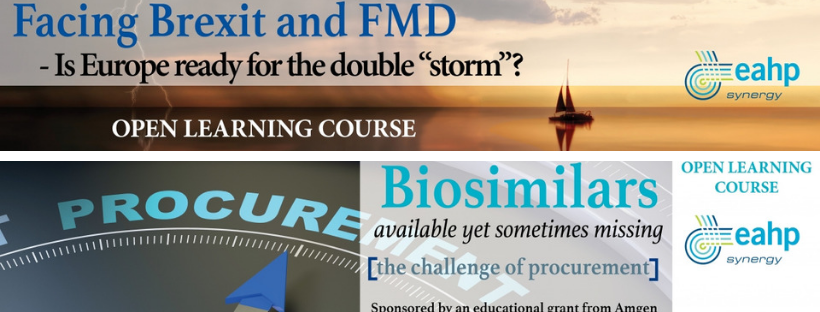
EAHP recently added two new courses to its online learning environment which offer information on biosimilar procurement and the challenges posed to hospital pharmacists by Brexit and the Falsified Medicines Directive (FMD). EAHP’s online learning environment aims at providing hospital pharmacists and other healthcare professionals with information on cutting edge innovation in service delivery and patient care.
Hospital pharmacists play a key in the sound drug procurement. As the responsible for the definition of the specifications in the tendering procedures they ensure the continuity of supply of cost-effective and quality medicines to patients. ‘Biosimilars – available yet sometimes missing – the challenge of procurement’ explores tendering and procurement problems, show examples, and discuss the way forward, so that the full potential of biosimilars as enablers of affordable innovation can be fulfilled, with maximum advantages for patients and healthcare providers. Participants of the online course will learn about issues related to the procurement of biosimilars, be enabled to recognise the risks of supply and to advise on the implementation of appropriate tendering processes for biosimilars.
Access the course ‘Biosimilars – available yet sometimes missing – the challenge of procurement’ HERE
The online learning module ‘Facing Brexit and FMD - Is Europe ready for the double “storm”?”’ picks up on two major events affecting the work of hospital pharmacists in 2019. The presenters describe and discuss how Brexit, FMD and medicines shortages can affect accessibility and availability of drugs in Europe. In addition, participants of the course are provided with insights on the relocation of EMA and procedures to prevent the possible negative effects of access to medicines.
Access the course ‘Facing Brexit and FMD - Is Europe ready for the double “storm”?”’ HERE
Learn more about EAHP online learning modules HERE
WHO updates essential medicines list
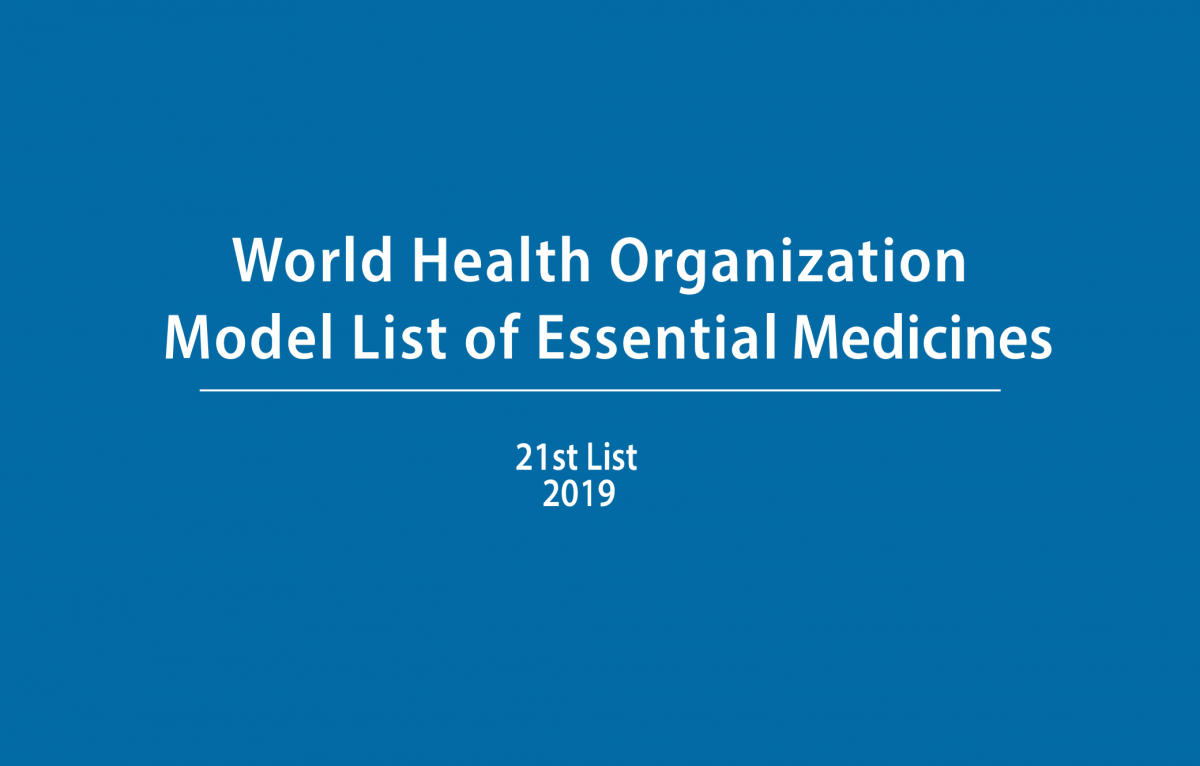
The World Health Organisation (WHO) has updated its global guidance on medicines and diagnostic tests to address health challenges, prioritise highly effective therapeutics, and improve affordable access. The revisions focuses on cancer and other global health challenges. With the addition of 28 medicines for adults and 23 for children as well as the specification of new uses for 26 already-listed products, the Model List of Essential Medicines now contains 460 products deemed essential for addressing key public health needs.
In the revised essential medicines list, WHO included 12 additional medicines for five cancer therapies which are regarded as the best in terms of survival rates to treat melanoma, lung, prostate, multiple myeloma and leukemias cancers. Moreover, the advice on antibiotic use was strengthened by incorporating the AWARE approach which clusters antibiotics in the categories ‘access’, ‘watch’ and ‘reserve’ (for more information see EAHP’s EU Monitor of 9 Juley 2019). This classifications helps to identify which antibiotics to use for the most common and serious infections to achieve better treatment outcomes and reduce the risk of antimicrobial resistance. Other updates to the medicines list include for example new oral anticoagulants, biologics and their respective biosimilars for chronic inflammatory conditions as well as heat-stable carbetocin for the prevention of postpartum haemorrhage.
In addition to the List of Essential Medicines also the List of Essential (in vitro) Diagnostics was updated. It now contains 46 general tests that can be used for routine patient care as well as for the detection and diagnosis of a wide array of disease conditions, and 69 tests intended for the detection, diagnosis and monitoring of specific diseases.
Access the update List of Essential Medicines HERE
Access the Second WHO Model List of Essential In Vitro Diagnostics HERE
New publication by eCOST Action on medicines shortages
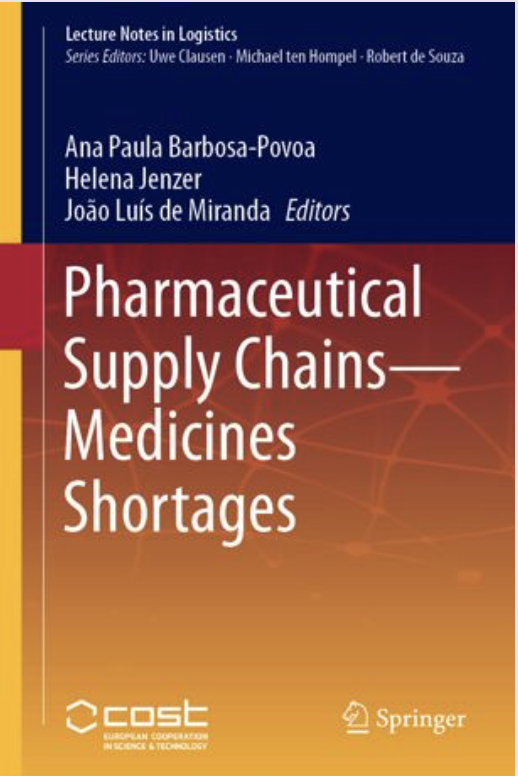
Members of the eCOST Action CA15105 ‘European Medicines Shortages Research Network - addressing supply problems to patients (Medicines Shortages)’ have published a book titled ‘Pharmaceutical Supply Chains - Medicines Shortages’. It provides pharmaceutical case studies and shares the most recent developments in the design, planning and scheduling of pharmaceutical supply chain covering different aspects from the suppliers’ selection to the impact on patients and healthcare systems.
The publication is directed at MSc/PhD students and young researchers in pharmaceutics/pharmaceutical sciences, engineering fields, economics/management, as well as pharmaceutical decision makers, managers, and practitioners, and advanced readers demanding a fresh approach to decision making for pharmaceutical supply chains.
eCOST (European Cooperation in Science and Technology) is the longest-running European framework supporting trans-national cooperation among researchers, engineers and scholars across Europe. Operating for over 40 years, the programme gives scientists the opportunity to embark upon bottom-up, multidisciplinary cooperation across all science and technology domains. The eCOST Action on the topic of medicines shortages was launched in April 2016 and seeks to encourage systematic sharing of information and research about past, ongoing and future shortages of medicines. Three working groups are looking to respond to questions related to the definition of a medicines shortage as well as the demand and the supply side. The eCOST Action will conclude its work in October 2020.
Learn more HERE
Update from EMA
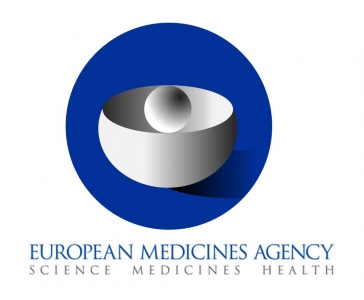
In July, the European Medicines Agency (EMA) released new measures to avoid dosing errors with methotrexate and information on a review of meningioma risk with cyproterone medicines.
PRAC recommends new measures to avoid dosing errors with methotrexate
EMA’s safety committee – the Pharmacovigilance Risk Assessment Committee (PRAC) – is recommending new measures to avoid dosing errors that have led to some patients incorrectly taking methotrexate-containing medicines daily instead of weekly.
The new measures include restricting who can prescribe these medicines, making warnings on the packaging more prominent and providing educational materials for patients and healthcare professionals. In addition, to help patients follow the once-weekly dosing, methotrexate tablets for weekly use will be provided in blister packs and not in bottles (or tubes).
Learn more here.
Review of meningioma risk with cyproterone medicines
EMA has started a review of medicines containing cyproterone, which are used for treating a range of conditions, including excessive hair growth, prostate cancer and acne, as well as in hormone replacement therapy.
The review will look into the risk of meningioma, a rare, usually non-malignant tumour of the membranes covering the brain and spinal cord. The risk of meningioma with cyproterone daily doses of 10 mg or more has been known since 2008 and information was included in the prescribing information for these medicines along with a warning that cyproterone should not be used in people who have or have had a meningioma tumour. However, there was no information at the time on the magnitude of the risk and how the risk could change with different doses.
A recent study in France has now suggested that the risk of meningioma, although still very low, may be greater in those taking high doses of cyproterone for a long period. The study also showed that after patients had stopped cyproterone treatment for at least one year, the risk of developing these tumours was much reduced but remained slightly higher than usual. EMA's safety committee will now examine the available evidence and make recommendations as to whether the marketing authorisations for cyproterone-containing medicines should be amended across the EU.
More details here.
EJHP: Wipe-sampling procedure optimisation for the determination of 23 antineoplastic drugs used in the hospital pharmacy

The European Journal of Hospital Pharmacy (EJHP) has published an online first article dealing with the optimisation of a wipe sampling procedure to evaluate the surface contamination for antineoplastic drugs used in the hospital pharmacy. The study concluded that the wipe sampling method was successfully developed and applied to real samples to determine surface contamination with 23 antineoplastic agents in trace amounts.
Read the article HERE
Take your SAT!
Have you already heard about EAHP’s self-assessment tool (SAT)? The SAT allows hospital pharmacists to assess the level of implementation of the Statements within their hospitals. It also provides the means for hospital pharmacists and other healthcare professionals to address areas needing improvement with the help of a tailor-made action plan and a broad range of evidence-based resources. Progress can be tracked by individual hospital pharmacies as the assessment can be updated at any time. The tool has been made available in 12 European language to facilitate the use by hospital pharmacists all across Europe. If you have not taken your SAT, put aside some time this summer to complete it! Access SAT HERE
------------------------------------------------------------------------------------------------

Consultations
EMA - Guideline on the evaluation of medicinal products indicated for treatment of bacterial infections
The EMA has launched a consultation on the revision of its guideline on the evaluation of human medicines indicated for the treatment of bacterial infections. Antimicrobial resistance is a global public health problem. Regulators in the European Union, the United States and Japan have had extensive discussions over the last few years to explore and agree how to align as much as possible their respective data requirements so that medicine developers can design clinical trials that meet the evidence needs of multiple regulatory agencies. The revised guidance reflects the outcome of these discussions.
Deadline – 31st July 2019
Access consultation HERE
EMA – Public consultation on key principles for the electronic product information of EU medicines
The European Medicines Agency (EMA), together with the European Commission (EC), has launched a public consultation on draft key principles which will form the basis on which the electronic product information (ePI) for human medicines will be developed and used throughout the European Union. The rationale behind the ePI is that digital platforms open additional possibilities to disseminate the PI electronically. This can address some of the current limitations and better meet patients’ and healthcare professionals’ needs for accessible, up-to-date information on medicines. The draft key principles are the result of extensive discussions and consultations carried out by EMA, the Heads of Medicines Agencies (HMA) and the EC throughout 2018, with representatives of all stakeholder groups.
Deadline – 31st July 2019
Access consultation HERE

